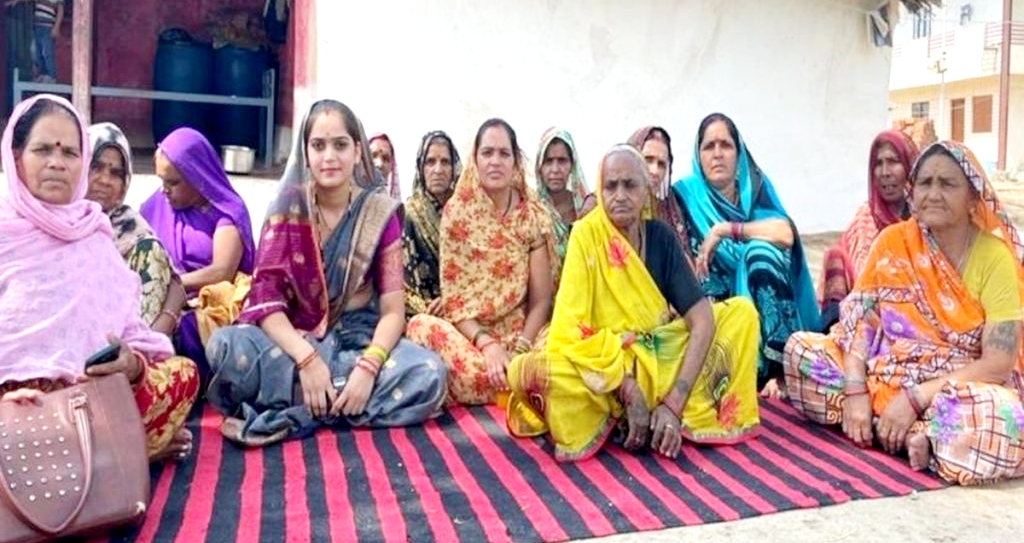Bhopal: Making a mockery of women’s representation, the husband of a woman municipal councillor in Madhya Pradesh was seen actively participating as well as creating a ruckus during an official meeting while his wife — the councillor — was sitting quietly as a mere spectator.
It happened in Sironj, a municipality in Vidisha district located around 70 km from the state capital Bhopal, on Friday at the time when the country is celebrating the passage of the ‘historic’ Women’s Reservation Bill that aims to promote women’s representation in the Lok Sabha and state Assemblies.
However, this (Sironj) incident wasn’t the sole example of women’s representation being mocked as such incidents have been a regular affair in the state and only a few of them get noticed.
There have been several instances when male family members have taken the oath of office instead of the duly elected women representatives in Madhya Pradesh panchayats. Over a dozen such incidents were reported in Dhar, Damoh, Sagar, Panna, Rewa and some other districts where the elected women representatives were among the spectators or at home while their husbands or other relatives took the oath on their behalf.
The worst part is that a majority of women Gram Panchayat heads (Sarpanch and Panch) are elected just to fulfil the mandatory constitutional procedure as particular seats are reserved for the women and they only sign on documents while the rest of the work were being done by their male family members.
A woman officer posted in the state Panchayat and Gram Vikas Department and looking after such issues, told IANS that such occurrences blatantly contravene established rules and are a direct mockery of the principles of constitutional democracy.
The efforts to empower women at the grassroots level appear to be an uphill battle, she added.
“It is a well-acknowledged concept especially in male dominating society, especially in rural parts of the country and it is more because of illiteracy of women representatives and of course the ‘parda-pratha’. I have witnessed several incidents where women are elected as Panchayat heads, but they are not allowed to go outside and talk to the villagers, forget about taking decisions on their own,” she said on condition of anonymity.
Women have to face threats from powerful elements if they make bold decisions or assert their authority. Such a case was reported in July this year when a woman sarpanch belonging to the Dalit community was allegedly dragged in the mud and beaten up with shoes by three men in Madhya Pradesh’s Shivpuri district.
But, on the positive side, there are many such examples when women have broken all stereotypes by not only becoming gram panchayat heads but also actively participating in the governance system.
For instance, Vandna Bahadur Maida, a Tribal woman of Jhabua district in the state with her activism became the first woman representative of her village in 2013.
Madhya Pradesh is among those states where 50 per cent of gram panchayat seats have been reserved for women for last many years. In the last panchayat elections, around 52 per cent of women candidates were elected as panchayat heads, and around 650 of them were elected unopposed in 2022.
–IANS


Comments are closed.